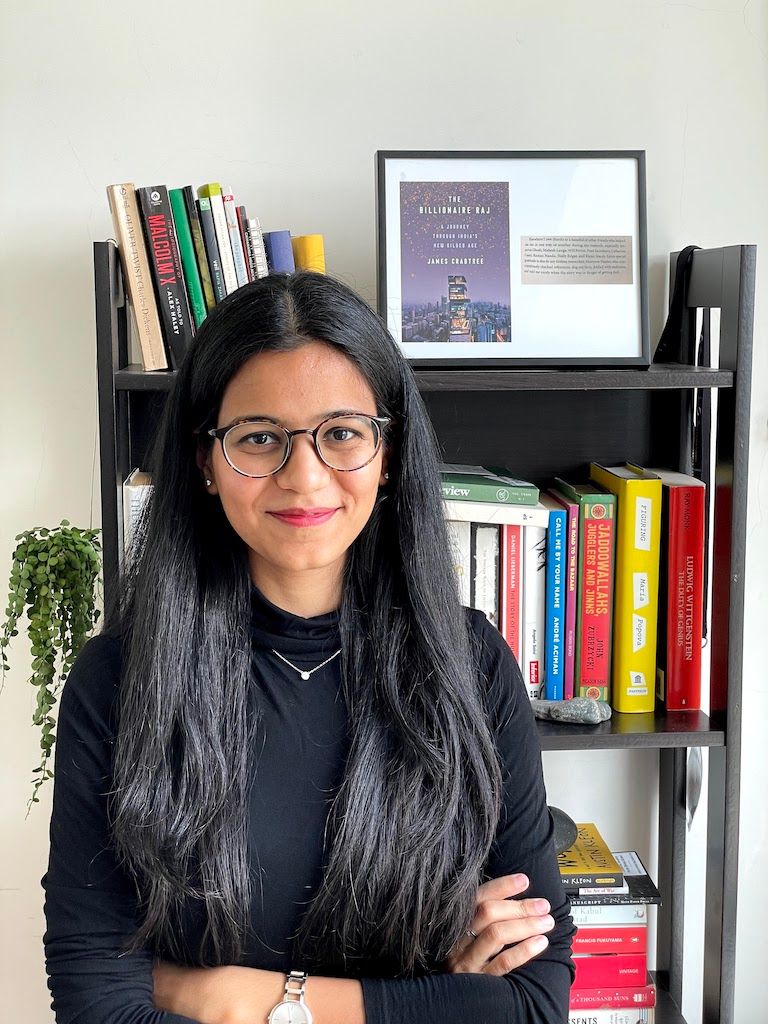
Reading Juan Felipe Herrera's poetry collection is like holding a torch around you and staring at our fears, the world's apathy and its resultant injustice. Every Day We Get More Illegal, offers a glimpse into what being in a world that demands you to get back in line, does to one's psyche. Herrera's poems are a reflection of the America that is today, the most powerful country in the world, while it fails to protect asylum seeking children at its Mexican borders, imprisoning them. The book carries the weight of countless encounters between the visible and the invisible forces that want to push people into the shadows.
His poem : i am not a paid protestor, is a direct litany of thoughts in one's mind every time one takes a stand against the goliaths of our generation. From being considered a paid protestor to being risked deportation, the threats are real, the consequences are real too. And yet, one prevails. And yet, the book offers more courage to pursue your role in the society, than be fearful of it.
The police state that controls the borders, distilling humans into numbers. He calls the immigration officer a Border Machine. Why? Because that's how they function. They challenge your name, your reason, your self. This has less to do with you being a human, and more of you being a bot dressed as a human. Because you are speaking to a bot dressed as a human too.
There is death that might not help you sleep better again: border fever 105.7 degrees - written in memory of two refugee children (aged 7 and 8) from Guatemala, who died in custody.
In his eponymous poem: everyday we get more illegal, Herrera offers stolen glances of people's lives as they choose between what is true and what is acceptable in the society they want to be accepted in. The trauma of America's genocidal past weaved into its immigration laws, sends shivers down the spine, as one reads the poem.
'laws pass laws with scientific walls
detention cells husband
with the son
the wife &
the daughter who
married a citizen
they stay behind broken slashed
half shadows in the apartment to
deal out the day'
One is left bereft of peace, as these words pass the baggage of restlessness onto the reader. No one is invisible, and no one is allowed to be visible enough to feel home.
Yet there is hope. There is a comfort in the colour of the persimmon tree that shall always be the same, even after the world dies and arises again.
'offer kindness to the timeless trees
they recognise you'
Reading Herrera for the first time, my heart is broken and mended. It is offered wisdom, pain and solace, all together. And just like the wisdom of the trees around, it will rejoice with life again.
Mariyam Haider is a researcher-writer and spoken word artist based in Singapore. She has worked with authors James Crabtree and Suchitra Vijayan on their non-fiction bestsellers. A journalist by training, Mariyam is the producer and host of ‘Main Bhi Muslim’ podcast and her writings have been published in Asian Review of Books, Centre for Feminist Foreign Policy, Livemint among others.
